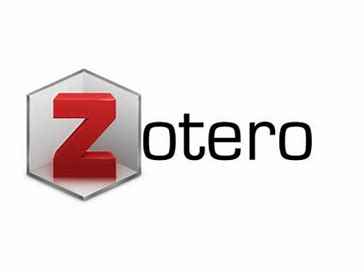Reviewer Policy
Peer reviewers play an important role in ensuring the integrity of the scholarly record. The peer review process depends to a large extent on the trust and willing participation of the scholarly community and requires that everyone involved behaves responsibly and ethically. Aqwal have an obligation to provide transparent policies for peer review, and reviewers have an obligation to conduct reviews in an ethical and accountable manner.
The JIP adheres to a Double-Blind Peer-Review process that is rapid and fair and ensures a high quality of published articles. The reviewer is a journal partner from the experts concerned about this journal's field. All manuscripts submitted to this journal will be reviewed by at least 2 (two) or more reviewers with the "Double-Blind Peer-Review" system. Authors should receive acknowledgment of receipt of their articles after three weeks of submission. If the article passes the initial editorial screening, the article is sent to two reviewers, which takes about two to four months. Articles accepted with minor or major revisions should be revised as the reviewers’ comments and suggestions.
Every manuscript submitted to Aqwal: Journal of Quran and Hadis Studies will be checked by the board of editors regarding scope, in-house style, and plagiarism. The manuscript that qualifies the focus and scope of Aqwal will be continued to the review process. The editor will send a notification and e-mail to the chosen reviewer about the manuscript's title and content and the invitation to log in to the journal website to finish the review process. The reviewer logs in to the journal website to approve the review, download the manuscript, send their comment, and choose the recommendation. The qualified paper will be published. In so doing, Aqwal needs reviewers who can provide insightful and helpful comments on submitted manuscripts with a turnaround time of about 2-6 months. The result will be returned to the author to be followed up. Maintaining Aqwal as a scientific journal of high quality depends on reviewers with a high level of expertise and an ability to be objective, fair, and insightful in their evaluation of manuscripts. This statement is based on the COPE (Committee on Publication Ethics) Code of Conduct and Best Practice Ethical Guidelines for Peer Reviewers.
Promptness
Any selected referee who feels unqualified to review the research reported in a manuscript or knows that its prompt review will be impossible should notify the editor and excuse himself from the review process.
Confidentiality
Any manuscripts received for review must be treated as confidential documents. They must not be shown to or discussed with others except as authorized by the editor.
Standards of Objectivity
Reviews should be conducted objectively. Personal criticism of the author is inappropriate. Referees should express their views clearly with supporting arguments.
Acknowledgment of Sources
Reviewers should identify relevant published work that has not been cited by the authors. Any statement that an observation, derivation, or argument had been previously reported should be accompanied by the relevant citation. A reviewer should also call to the editor's attention any substantial similarity or overlap between the manuscript under consideration and any other published paper of which they have personal knowledge.
Disclosure and Conflict of Interest
Privileged information or ideas obtained through peer review must be kept confidential and not used for personal advantage. Reviewers should not consider manuscripts in which they have conflicts of interest resulting from competitive, collaborative, or other relationships or connections with any of the authors, companies, or institutions connected to the papers








